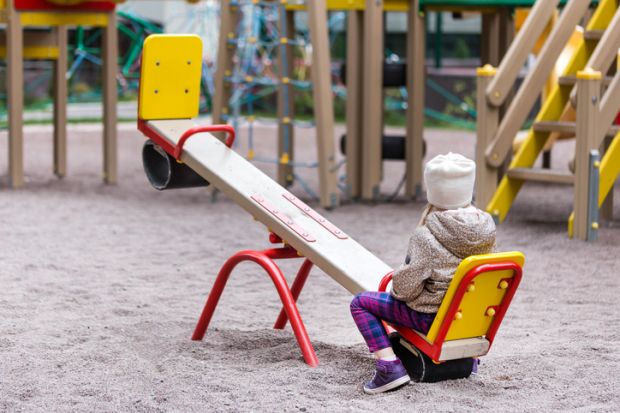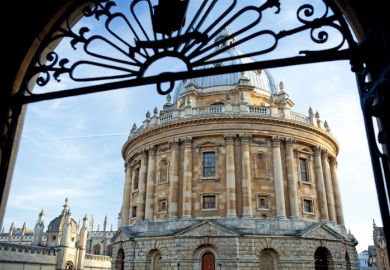The government’s refusal to allow English universities to restart face-to-face teaching for remaining students before 17 May is driven by Treasury fears that doing so could jeopardise the reopening of indoor hospitality by causing a Covid spike, sector sources suggested.
Universities had pushed for campuses to reopen fully straight away but the Department for Education confirmed on 13 April that this would not be allowed until Step 3 of the government’s road map for easing coronavirus restrictions, currently scheduled for mid-May.
A 17 May return would come midway through the summer term, by which time most universities will have very little undergraduate teaching scheduled for the remainder of the year.
Non-essential retail operations, including hairdressers and nail bars, reopened on 12 April under the road map.
There have been suggestions that Rishi Sunak, the chancellor, has blamed the mass migration of university students across the country when they returned to campuses in the autumn for an increase in Covid cases – although the chancellor’s own “Eat Out to Help Out” scheme subsidising people to dine at restaurants last summer has also been cited as a factor in increasing infection rates.
And Mr Sunak’s position has led the Treasury to oppose any immediate return to face-to-face teaching for remaining students, for fear that could lead to a small spike in cases that would jeopardise the reopening of indoor hospitality, scheduled for 17 May, it is said.
One source said the Department for Education has tried hard to get an earlier opening date and accepts the arguments that campuses have been made Covid-secure, and that with so many students either already back on campuses or already living close to their universities as commuter students, there is no great risk from the movement of people. But the centre of government has not shifted to a similar position.
Figures from the Office for National Statistics show that 76 per cent of students are living at the same address as they were at the start of autumn 2020.
One vice-chancellor said the sector had been “hung out to dry” and the government “is putting nail bars and tattoo parlours above the needs of teaching”.
The consequences of further delays to the full reopening of universities are likely to be further pressures on students’ mental health, further requirements for universities to spend on accommodation refunds for students with budgets already put under intense strain by pandemic pressures, and further calls from students for compensation on tuition fees, some sector figures said.
Sir David Bell, vice-chancellor of the University of Sunderland, called the refusal to allow full reopening of universities “bizarre, given the wider opening-up of society this week”.
He also said it showed there was “little thought, if any”, in government “given to the needs of commuter students – the very same students who can now mix and mingle at leisure where they live”.
Diana Beech, chief executive of London Higher, said that “while all London HEIs have developed a full online offering, they – like students – are keen to return to campus, the classroom and indeed a more normal life”. It was “disappointing” that this would not happen until mid-May at the earliest, she said.
Andy Westwood, professor of government practice at the University of Manchester, described the situation as “a nightmare for universities and students”.
He said there would be “increased pressure” for financial compensation from students “staying away as per guidance and also for those not getting face-to-face teaching while others are. So it’s a bit of a pressure cooker, and it looks like government isn’t going to be hugely helpful or sympathetic.”
Things could “come to a head” with the advent of end-of-year marking and exams, he predicted.
Register to continue
Why register?
- Registration is free and only takes a moment
- Once registered, you can read 3 articles a month
- Sign up for our newsletter
Subscribe
Or subscribe for unlimited access to:
- Unlimited access to news, views, insights & reviews
- Digital editions
- Digital access to THE’s university and college rankings analysis
Already registered or a current subscriber?








